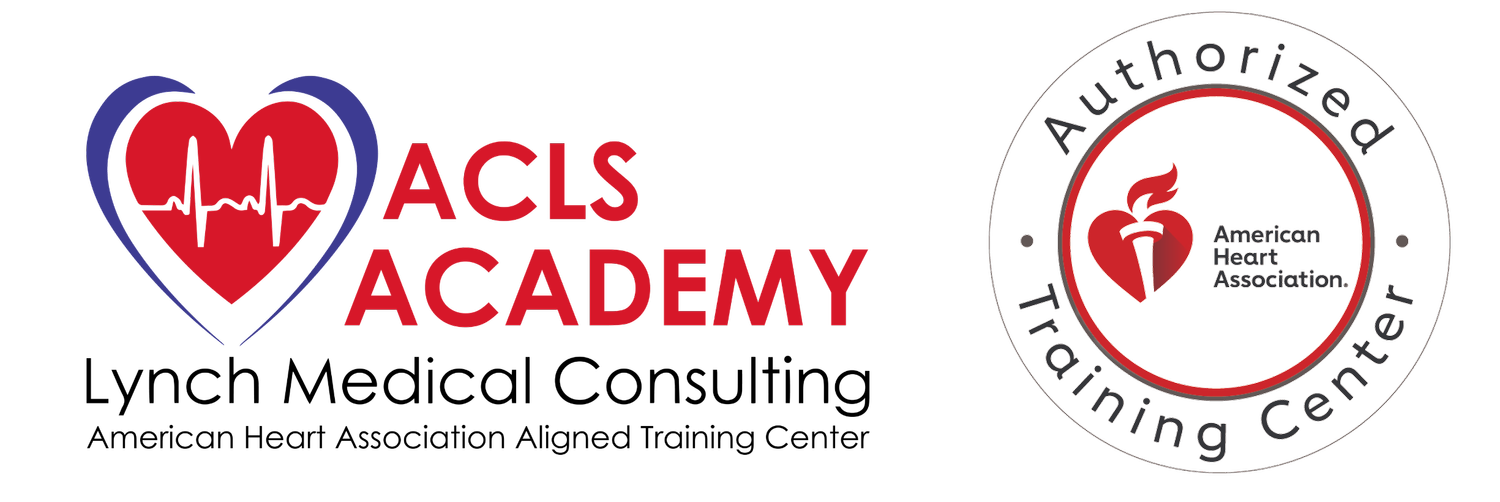You polished off three helpings of the holiday meal, drank entirely too much eggnog, yelled at your kids, and squabbled with your relatives. And now there's a painful feeling in your chest: a feeling like you can’t take a deep breath. And really, come to think of it, you’re not feeling well at all. Maybe it's stress. Maybe it's heartburn. But is it possible it could be a heart attack?
No one likes to think they could be having a major medical emergency in the middle of a holiday celebration, but several studies have shown heart attack death rates spike during the holidays.
More cardiac deaths happen on Dec. 25, Dec. 26 and Jan. 1 than on any other days of the year, research has shown. Heart disease, which includes heart attacks, is the leading cause of death in the U.S. year-round. Researchers have even come up with special holiday names for this not-so-wonderful trend as the “Merry Christmas Coronary” and “Happy New Year Heart Attack” Phenomenon.
One prominent factor contributing to the rise in heart attacks during December is the heightened emotional stress associated with the holiday season. For many individuals, the holidays can evoke a range of emotions, including joy, excitement, and nostalgia, but they can also bring about stress, loneliness, and even sadness. The pressure to meet societal expectations, such as buying gifts, hosting gatherings, and attending social events, can create emotional stress that may contribute to cardiovascular events. Moreover, for those who have experienced personal losses or face challenging family situations, the holidays can exacerbate feelings of grief and stress, potentially impacting heart health.
Dietary habits during the holiday season also play a significant role in the increased risk of heart attacks. Many people indulge in rich, high-calorie foods during festive celebrations, often consuming larger quantities of salt, sugar, and saturated fats. This dietary excess can lead to elevated blood pressure, cholesterol levels, and weight gain – all of which are risk factors for cardiovascular diseases. Additionally, alcohol consumption tends to increase during the holidays, and excessive alcohol intake can contribute to dehydration and irregular heart rhythms, further elevating the risk of heart attacks.
The colder weather during December can also influence heart health. Cold temperatures can cause blood vessels to constrict, increasing blood pressure and the workload on the heart. For individuals with existing cardiovascular conditions, these weather-related changes can be particularly challenging. Moreover, engaging in physical activities may become less appealing during colder months, leading to a sedentary lifestyle, which is a known risk factor for heart disease.
Another factor contributing to the higher incidence of heart attacks in December is the disruption of regular routines. The holidays often bring changes in sleep patterns, increased travel, and variations in daily activities. These disruptions can impact the body's internal clock, known as the circadian rhythm, which plays a crucial role in regulating cardiovascular function. Irregular sleep patterns and disturbances in circadian rhythm have been linked to an increased risk of cardiovascular events. Other disruptions to a normal routine may include forgetting to take medication doses at the right time or at all, or a failure to keep a regular exercise routine.
Social obligations and financial pressures associated with gift-giving and holiday expenses can also contribute to heightened stress levels. Financial stress, in particular, has been linked to an increased risk of heart attacks. Concerns about meeting financial expectations and managing expenses during the holiday season can lead to anxiety and stress, which may contribute to the development of cardiovascular issues.
Don’t ignore symptoms that could signal a heart attack or heart failure
Many heart attack patients waste time trying to convince themselves they're fine. If you or a loved one mentions discomfort that sounds like a cardiovascular issue, call 911 right away. Heart attacks rarely feel the way we think they're going to feel.
Most of us expect a heart attack to be like what we've seen in the movies: a sudden, stabbing pain that causes us to clutch our chests and collapse. But heart attacks tend to come on slowly. They often start with mild symptoms that get worse over a matter of minutes or hours. Sometimes, the pain goes away and comes back again. And yes, it's often easy to mistake a heart attack for heartburn.
Chest pain is the most common heart attack symptom, but it's certainly not the only one. Some other symptoms include:
Uncomfortable pressure or squeezing, in the center of the chest
Sudden discomfort or pain in one or both arms
Unexplained pain in the back, neck, or jaw
Sudden shortness of breath
Sweating, nausea, or light-headedness
Women are more likely than men to experience some of the symptoms beyond chest pain -- particularly shortness of breath, nausea/vomiting, and back or jaw pain
And some people having a heart attack never feel chest pain at all. People with diabetes are less likely to describe feeling chest pain during a heart attack. The same goes for those with heart failure or high blood pressure, although the reasons for this are still not well understood. Even among those having chest pain, it's often a lot milder than many might expect.
The rise in heart attacks during the December holiday season is a multifaceted phenomenon influenced by emotional stress, dietary habits, weather-related factors, disruptions in routines, and financial pressures. Recognizing these risk factors and taking proactive steps to manage stress, maintain healthy lifestyle choices, and prioritize heart health can help individuals mitigate the heightened cardiovascular risk associated with the festive season.
ACLS Academy wishes everyone a safe and healthy holiday season with all of the joy and less of the stress.

